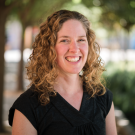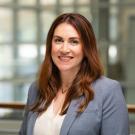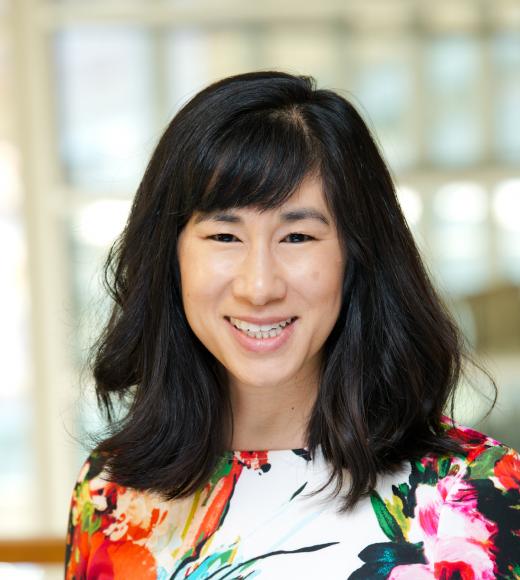UC Davis Global Affairs Communications and Marketing Team

Ali Loge
Executive Director of Communications and Marketing

Blake Cooper
Associate Director of Communications and Marketing

Jana Sanders Perry
Associate Director of Communications and Marketing

Jennifer Wade
Associate Director of Communications and Marketing
Global Affairs Branding Guidelines
Our Logo

The UC Davis Global Affairs logo portrays a spirit of movement and balance, yet imperfection, symbolic of the world in which we live. Similarly, it represents the students, scholars, faculty, staff, and partners affiliated with Global Affairs—who are often in a state of movement as we both welcome the world to UC Davis and facilitate transformative opportunities locally and globally.
The logo suggests a sense of mobility and interconnectedness, yet the simple dot is a focal point meant to convey a sense of center. For Global Affairs, this signifies our mission of inspiring global curiosity, understanding, and engagement. For students or scholars, it could signify their place of origin or sense of place at UC Davis, whereas for faculty or staff, it could signify their research, teaching or service work. The intentional abstractness lends itself to individual interpretation, evoking different meanings for unique personal perspectives.
In the full color version, the dot is green to represent earth, growth and positivity, with the blue and gold representing the connections of UC Davis with the world.
Logo Files
Global Affairs - Print and Web Logos
Global Learning Hub - Print and Web Logos
Services for International Students and Scholars (SISS) - Print and Web Logos
